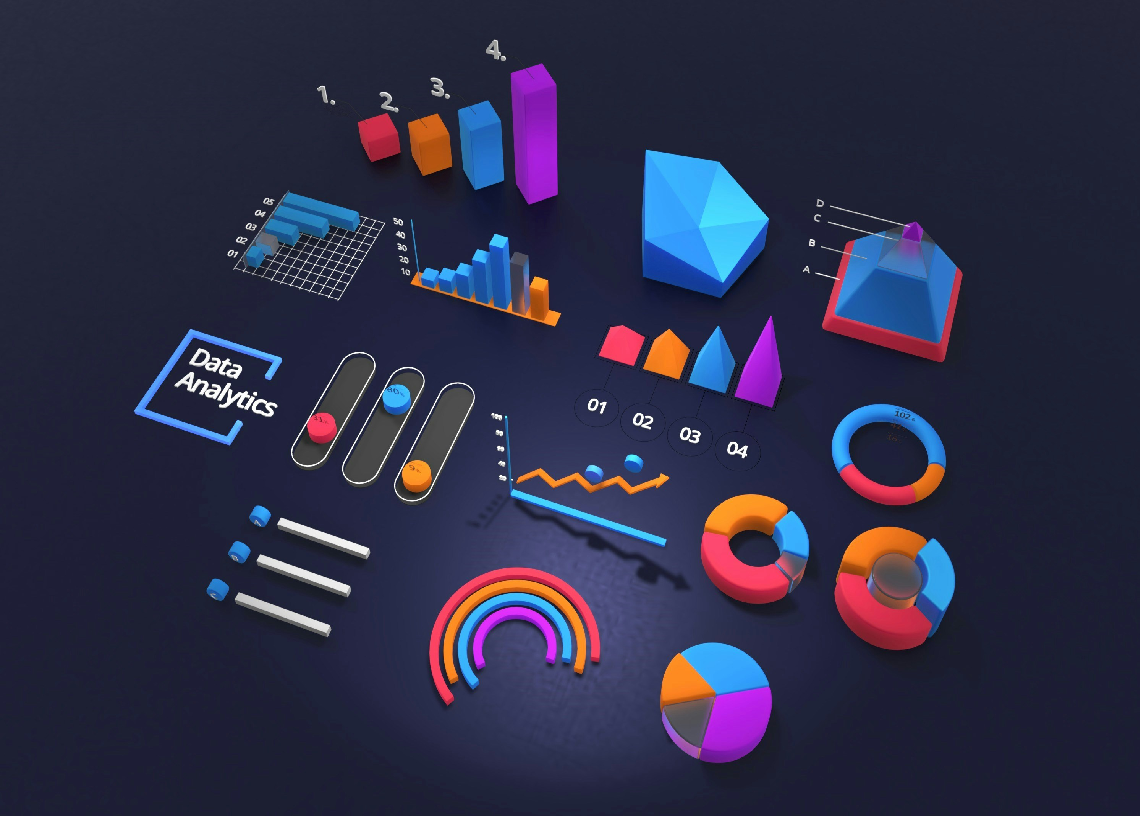When exploring data and analytics, it’s imperative to distinguish between data science and machine learning. These terms are often used interchangeably but convey distinct disciplines with unique methodologies and objectives.
To clarify the disparities between data science vs machine learning, and the difference between data scientist and machine learning professionals, it’s essential to examine the roles of professionals in each domain: data scientists and machine learning engineers.
Understanding what is the difference between data science and machine learning is crucial for individuals navigating the complex landscape of data-driven technologies.
Defining Data Science and Machine Learning
Data science encompasses various techniques and methodologies for extracting insights from statistics and deriving actionable intelligence.
On the other hand, machine learning concentrates specifically on designing algorithms that permit computers to learn from inputs and make predictions or decisions autonomously.
Scope and Applications
The scope of data science is vast, encompassing diverse analytical techniques such as descriptive, diagnostic, predictive, and prescriptive analytics. Machine learning, however, is a subset that emphasizes developing and deploying algorithms for tasks like pattern recognition, classification, and regression.
Skill Sets and Roles: Data Scientist vs Machine Learning Engineer
Professionals in this field typically possess statistics, mathematics, programming, and domain knowledge expertise.
They are adept at extracting insights from data and effectively communicating findings. In contrast, an engineer who specializes in designing and implementing machine learning algorithms requires proficiency in programming languages, algorithm design, and data structures.
The roles of a machine learning engineer vs data scientist highlight the distinct skill sets and focuses within the broader field of information and analytics.
Integration and Collaboration
While these two are distinct disciplines, they often intersect and collaborate in practice. Experts leverage innovative techniques to extract insights from data and build predictive models.
Conversely, engineers rely on principles to preprocess data and evaluate model performance.
The collaboration between a data scientist vs machine learning engineer underscores the complementary roles they play in leveraging inputs to drive insights and innovation.
Difference Between Data Science and Machine Learning
The primary difference between data science and machine learning lies in their scope and objectives. The former compasses a broader range of analytical techniques and methods for extracting insights from data.
Conversely, the latter focuses on developing algorithms that enable computers to learn from inputs and make predictions autonomously.
Theoretical Foundations vs Practical Applications
One of the defining differences lies in the theoretical foundations versus the practical applications of these two domains.
Data science is deeply rooted in statistical analysis, the cornerstone for understanding data patterns and insights.
It employs a comprehensive approach that includes data cleaning, analysis, and visualization to make data understandable and actionable.
Conversely, machine learning is more focused on practical applications, where the primary goal is to develop systems that can learn and improve without following detailed instructions.
Tools and Technologies
While the tools and technologies used overlap, specific tools are more prevalent in one field than the other. Experts often utilize statistical software, data visualization tools, and programming languages like Python and R for data manipulation and analysis. Technical professionals, on the other hand, might lean more towards utilizing deep learning frameworks like TensorFlow or PyTorch, alongside machine learning libraries such as scikit-learn, to develop and train sophisticated models.
Continuous Learning and Adaptation
Both fields require continuous learning and adaptation, but the focus areas are distinct. Interpreters must stay abreast of the latest statistical techniques and data analysis methodologies to enhance their ability to extract indicative insights from complex data sets.
Technical experts, however, must continually adapt to the rapidly evolving landscape of machine learning and deep learning technologies, ensuring they are proficient in the latest algorithms and computational techniques to maintain and improve model performance.
The difference between data science vs machine learning lies in their core methodologies and objectives. Recognizing and understanding these nuances is imperative for professionals navigating the intricacies of today’s data-driven landscape, allowing them to harness the full potential of both disciplines to drive innovation and transformative change.
